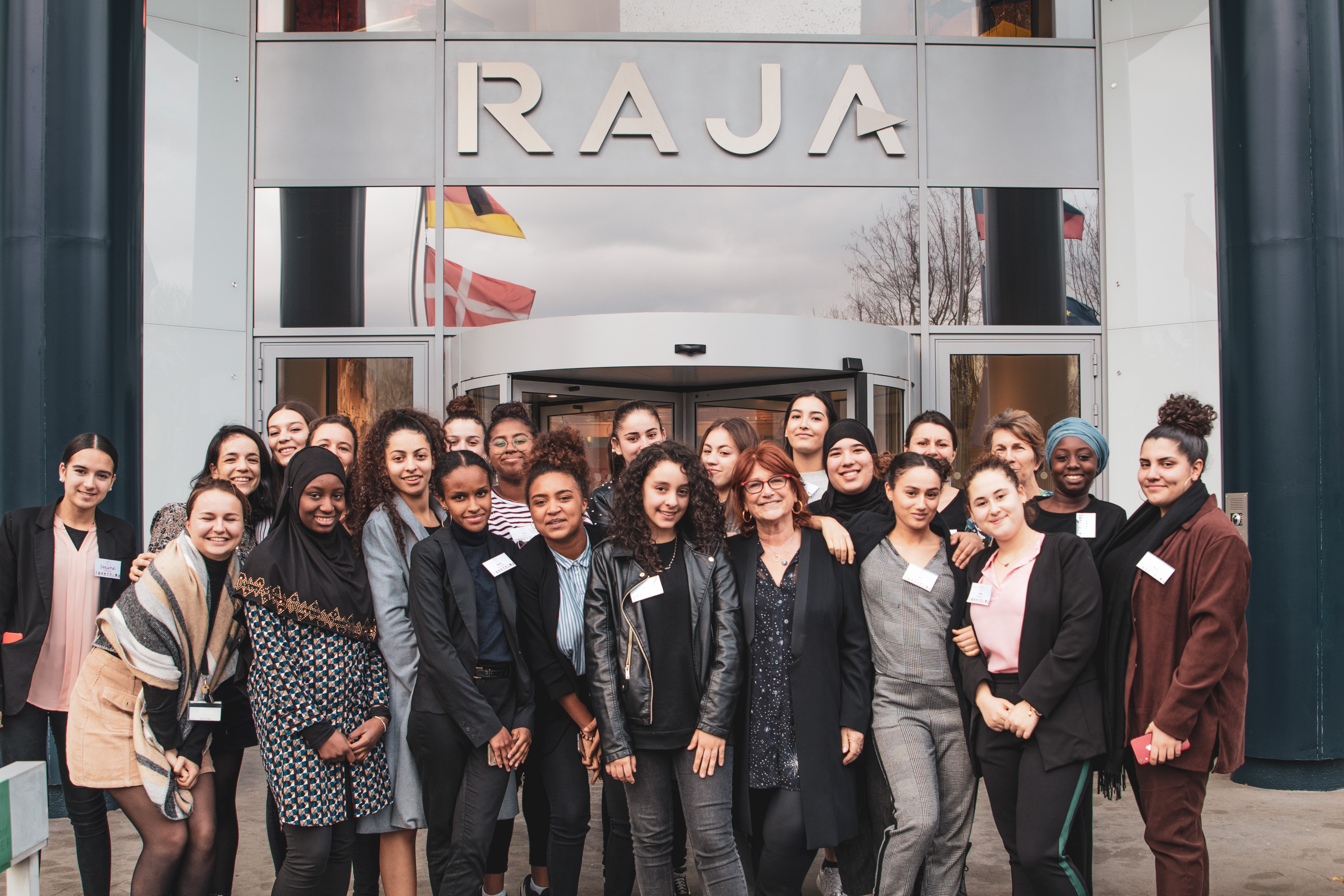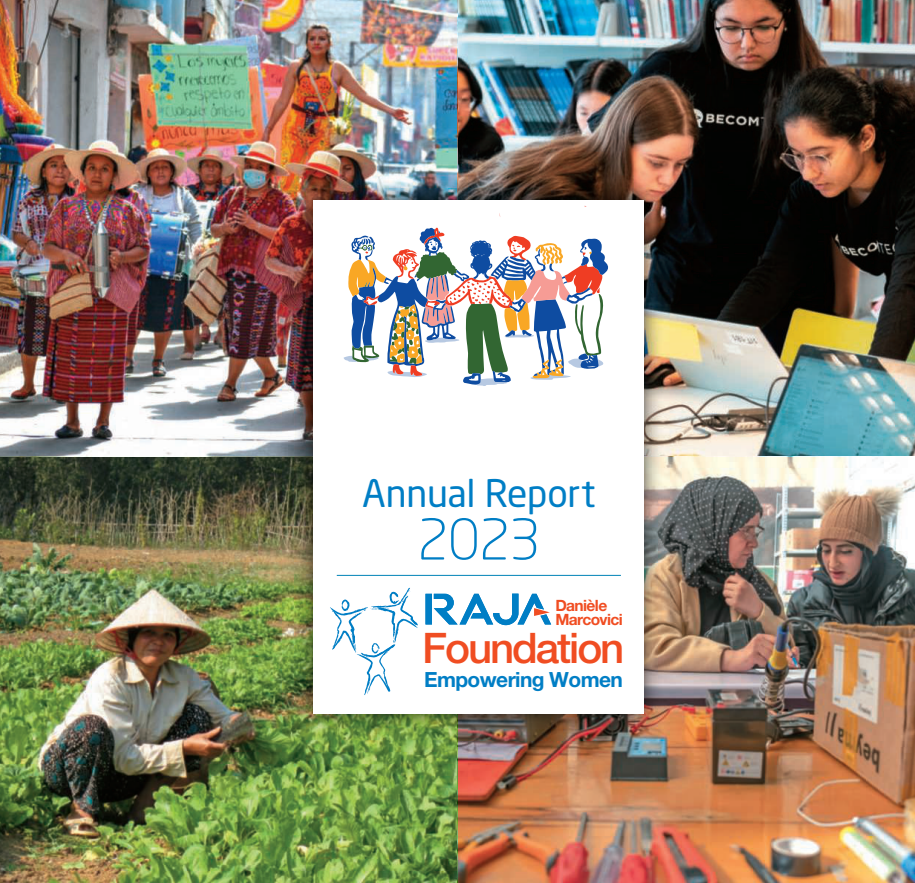Interview with Natascia Maesi: the decline of women’s and LGBTQI+ rights in Italy
Natascia Maesi is a publicist journalist since 2001. From 2010 to 2015, she hosted "Beyond the differences", the radio program broadcast on Antenna Radio Esse. From 2010 to 2016 she collaborated with the newspaper QN / La Nazione for which she also edited an online column dedicated to LGBT + issues and a weekly column in the Siena newspaper that talked about women. In the board of the Pansexual-Arcigay Movement, she is in charge of relations with the institutions and the network of associations. She is also the coordinator of the school group and the founder of the network of listening and first reception desks for LGBT + people. “Let's focus on the differences/Safe Space”. She has coordinated the communication team of Toscana Pride. She is interested in issues related to the visibility and self-determination of lesbian, bisexual and trans women within the Arcigay Women's Network. Since 2016, she has been part of the Arcigay Training Network. Since November 2018, she has been in the national secretariat of Arcigay with responsibility for gender policies and training.
6 November 2023
- In 2022, Georgia Meloni, leader of the nationalist party Fratelli d’Italia, became the Prime Minister of Italy. What threats can the rise of a far-right party pose to women’s rights?
Being a woman is clearly not enough to be a ally to other women and to trustworthily advocate for them.
Meloni’s female leadership is undoubtedly not a feminist one, as it systemically perpetuates the male-dominated power dynamics by employing stereotypically patriarchal mechanisms and tools instead of challenging and undermining the patriarchal system itself.
For instance, at the very beginning of her presidential mandate, rather than ensuring herself the full and effective implementation of Law No. 194 of 22 May 1978 on the social protection of motherhood and the voluntary termination of pregnancy, Meloni stated her political intention to protect women’s right by preventing women themselves from resorting to safe abortions.
In doing so, she fell into the trap of several self-evident contradictions: she has been publicly claiming to aim to proactively promote childbirth but, when personally in power, she failed to invest public funds deriving from the Italian National Recovery and Resilience Plan in the increase of the number of nurseries and in the adoption of structural measures apt to reduce the existing multi-level gender gap.
While officially declaring to aspire to contrast gender-based violence, Meloni does not support, and even worse, openly obstructs the adoption of educational programmes on diversity and equity, sexual and reproductive health and rights, SOGIESC inclusiveness ( Sexual Orientation, Gender Identity and Expression, and Sex Characteristics) and consent in schools.
The current government is manifestly supported by anti-abortion, anti-LGBT and trans-exclusionary organizations and movements which declass trans women as second-class citizens and deny them the same rights and protections the first-class citizens are fully entitled to. To conclude, by promoting the full adoption of the Varchi draft law aiming at introducing the universal crime of surrogacy within the national criminal code, this present government intends to preclude women’s self-determination and their right to decide about their own bodies.
- In July 2023, 33 Italian families received letters from authorities asking them to remove the non-biological mother from their child’s birth certificate. Can you decipher this event?
The Meloni government has already declared open war against LGBTQI+ families. The government, through a flagrant abuse of institutional power, resorted to bureaucracy to strip away the parental rights of same-gender parents in lieu of recognizing them. The paradox is eloquent: while publicly faking to act in the best interest of children, the Meloni’s government has been preventing the children of same-gender parents themselves from fully benefiting from their fundamental right to identity. A personal identity that, as enshrined by both the European Court of Human Rights and the Italian Constitutional Court, progressively develops and establishes itself in virtue of the parallel recognition of both parents within a stable family environment.
The circular which was issued by the Italian Interior Minister, Matteo Piantedosi, on August 7, admonishing local councils to register only the biological parents of the children of same-gender couples while leaving their partners in legal limbo, was a soundly intimidating political gesture with two clear scopes: to force prosecutors to require local mayors to remove the name of the non-biological parent from the birth records of the children of same-gender families; to bring the mayors who politically and administratively opted for registering the double parenthood in previous cases to court. As a result of the above-mentioned episodes, the family daily life that same-gender partners have been forging together throughout Italy over the past years has been thrust into uncertainty, with the children of LGBTQI+ partners being deprived of the legal recognition of one of their parents.
At the very same time, in the persistent absence of a national law setting out parental rights for same-gender couples, non-biological parents had no alternative but to keep legally battling for the formal and substantial recognition of their parental rights to take their own children to school, to travel abroad with them or to receive relevant pieces of information about their children’s health conditions when hospitalized.
Moreover, the Italian Family Minister, Eugenia Roccella, suggested the non-biological parents of same-gender couples’s children to apply for the “adoption in special cases” in order to be provided with the legal recognition of her/his children born abroad through surrogacy, being both medically assisted procreation techniques and full adoption still banned for same-gender couples in Italy. The above-described alternative publicly endorsed by the minister represents a years-long and expensive procedure at the national level and it is not capable of solving practical issues such as the issue of a non-discriminatory identity card, still requiring the Italian norms the listing of the names of a father and a mother in it.
The government’s intention is to formally and substantially cancel all families which do not conform to the patriarchal paradigm of the solely valid nuclear family based on the co-presence of a man and a woman.
- What other dangers could threaten the Italian LGBTQI+ community?
Italian cities have never been integrally safe for LGBTQI+ people. Since the current government is increasingly sowing anti-LGBTQI+ hatred on a daily basis, Italian cities have become even less safe than they used to be in the previous years. A subtle state-sponsored homophobia being at the very core of highly-streamed public speeches delivered by prominent politicians has been legitimizing the rising violence LGBTQI+ people are exposed to in the streets each and every single day.
In the absence of any anti-discrimination legal instrument, LGBTQI+ individuals tend not to report any queer-phobic attack they personally underwent because they do not feel protected by the public system. The present government fosters the so-called “freedom of expression” by promoting a wide-spreading of the “right” to hate, insult, offend and attack minority groups.
We expect that an explicit persecution is going to target trans and non-binary individuals, who are already subject to an increasing marginalization and denial of their right to identity. Several attempts to hinder the introduction of gender-inclusive educational programmes in schools have already been registered throughout Italy, making schools a true battleground. Together with partner organizations, the current government has been lobbying to prevent LGBTQI+ organizations from delivering training in schools, spreading social panic around the diffusion of the so-called “gender ideology” and pushing school principals not to adopt educational programmes on comprehensive sexuality education. According to my personal opinion, the above-mentioned programmes, which tangibly differ from alternative violent solutions such as chemical castration, represent the most effective means to combat gender-based violence ever.
- The 2021 report on voluntary termination of pregnancy published by the Italian Ministry of Health shows that, in 2019, 67% of gynecologists refused to perform abortions in the name of the conscience clause. What measures should be put in place to enable women to dispose of their bodies?
To guarantee free and safe access to abortion, it is essential to significantly reduce the number of conscientious objectors working in public hospitals. The scarcity of non-objecting healthcare professionals, including gynecologists, anesthetists and nurses, forces women to seek abortions in other parts of Italy. However, medical abortions are still often refused, and free contraception is guaranteed only to members of certain age groups and in certain regions. Moreover, emergency contraception is not yet compulsory in pharmacies.
We must strongly advocate a serious discussion of surrogate motherhood, as criminalizing its beneficiaries is not a solution. Above all, we cannot accept the state dictating how women should manage their own bodies. We need gender-sensitive medicine that takes into account the specific health needs of trans people. We need more funding for this.



